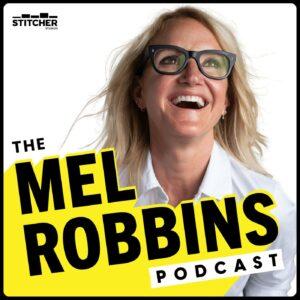
In this episode of the Hidden Brain podcast, titled “Healing 2.0: Change Your Story, Change Your Life,” host Shankar Vedantam explores the power of the stories we tell ourselves and how they shape our lives. Through the experiences of psychologist Jonathan Adler and individuals like Leon Fleisher, Leila, Antonio, and Rich Addison, we discover how changing our narratives can lead to personal growth, well-being, and a sense of agency.
Leon Fleisher’s career as a concert pianist was cut short due to a hand injury, but he found new purpose as a conductor and teacher. Similarly, Jonathan Adler, struggling with his identity, took a leap by studying abroad in Australia to reinvent himself. These stories highlight the resilience and adaptability of individuals in the face of setbacks.
Research shows that the stories we tell ourselves shape our well-being and life outcomes. Jonathan Adler’s discovery of narrative psychology emphasizes the importance of understanding the power of our own narratives. By becoming mindful of the stories we construct, we can gain insight into their impact on our lives.
How we narrate our experiences can have significant implications for our well-being. Redemption sequences, where we rise from adversity, are associated with positive well-being. On the other hand, contamination sequences, where things go downhill after a positive event, are associated with negative well-being. The way we frame our life’s chapters and events can shift the narrative from contamination to redemption.
The stories we tell about our lives have not only psychological but also biological consequences. Telling redemptive stories is linked to positive outcomes, while stories high in agency and control contribute to high well-being. Modifying our life stories to accommodate new events can make us feel more in control and offer a sense of meaning and understanding.
Leila’s story showcases the transformative power of accepting and adapting to a physical disability, leading to personal growth and self-understanding. Antonio’s experience highlights the importance of finding connections with others who share similar experiences, fostering inspiration and change. These narratives demonstrate the potential for growth and resilience in the face of adversity.
Narrative psychology extends beyond individual experiences to societal narratives. Political leaders play a crucial role as narrators, shaping the narrative ecology of a nation. Understanding the power of narratives helps us recognize the influence they have on relationships and national identities.
The stories we tell ourselves have a profound impact on our well-being and life outcomes. By becoming mindful of our narratives, we can reshape our stories to promote personal growth, resilience, and a sense of agency. Whether it’s reinventing ourselves, finding redemption in setbacks, or accepting and adapting to challenges, our ability to shape our own narratives empowers us to live more fulfilling lives.